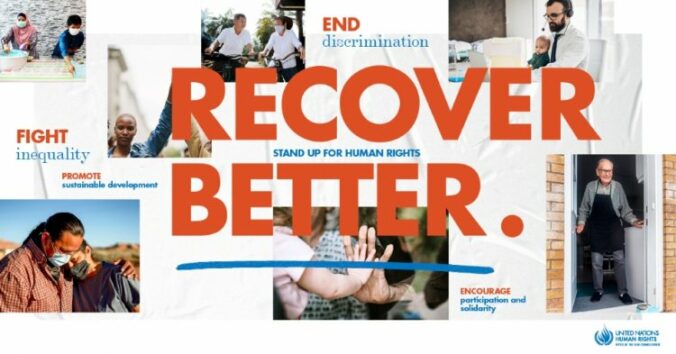Page 72 of 89
The South Centre Tax Initiative (SCTI) submitted its comments in October 2020 to the UN Committee of Experts on International Cooperation in Tax Matters (UN Tax Committee, UNTC) on a discussion paper[1] that examined whether payments for software should be taxable as royalties. Developing countries within the UNTC have for long been pushing for taxing software payments as royalties as this is more sensible from a policy perspective and also makes it easier to collect taxes. The rise in software sales post COVID has added urgency to settle this long-pending discussion as developing countries are in dire need of funds.
Read the article
Even before the COVID pandemic hit, hundreds of millions of workers worldwide were being paid less than the minimum wage.
Read the ILO report
The UN General Assembly has convened a Special Session on the Covid-19 pandemic at the level of Heads of State and Government on 3 and 4 December next. It took more than a year of discussions to overcome the opposition of certain states, notably the United States of former President Donald Trump.
This is a unique opportunity …
Read the article by Riccardo Petrella
The emancipatory fight against the climate crisis will only have a chance if, in addition to preserving the natural foundations of life, better living conditions become conceivable for many people. ‘Better’ does not mean ‘more and more’; accordingly, climate justice must be based on experiences and feelings of injustice and exploitation. And these must be translated into changed social conditions.
Read the article by Ulrich Brand
A strong social contract is a precious resource in any country. Without it, citizens will be reluctant to pay their taxes resulting in governments being unable to collect the revenues they need to offer good quality public services to their citizens. The fundamental building block of a strong social contract is citizens being able to trust their Governments. As Sweden’s Ministry of Finance argues, governments build trust through the provision of universal public services.
Read the paper from Development Pathways, Stephen Kidd et al.
The support for equitable access to treatments and eventual vaccines is welcome, however there is no new initiative on support for developing countries and no progress on international tax reform.
Sharan Burrow, ITUC General Secretary, said: “The world is facing its greatest employment challenge in living memory, however the G20 leaders have not shown the leadership that is needed. The Declaration acknowledges the scale of the challenge without offering real solutions. Coordinated action, with support for the least wealthy countries, is needed for recovery and resilience. The lack of global ambition in this G20 Declaration is extremely disappointing and will leave countries on their own to fight the terrible economic consequences of the pandemic.”
Read the article of ITUC
The pandemic has highlighted the fragility of social protection, especially in the developing world. A new global fund is needed—and it’s affordable.

The Covid-19 pandemic and the workplace closures adopted by governments to limit the spread of the virus have imposed an unprecedented ‘stress test’ on social-protection systems across the world. Hours worked worldwide decreased by 10.7 per cent worldwide in the second quarter, potentially translating into the loss of 305 million jobs.
Reat the article by Olivier de Schutter
427 billion US$ lost to tax havens … check what it means for your country … check what we could do with this money in times of COVID …
www.taxjustice.net
This article is about the outlook for religions in the 21st century. It touches upon liberation theology and contrasts it with prosperity theology and religious fundamentalism. It further reports on a study about the origin of religions and its implications for human rights. For a quick overview, just read the bolded text].
Religions will have to adapt to the definitive loss of their influence and will have to share their followers with other social movements (Jaume Botey, Catalan theologian and philosopher)
-The question this statement brings about then is: Will the state have to establish a new legislative framework for religions to operate in a pluralistic, human rights-tolerant fashion?
By Claudio Schuftan, PHM
© 2025 Global Social Justice
Theme by Anders Noren — Up ↑



